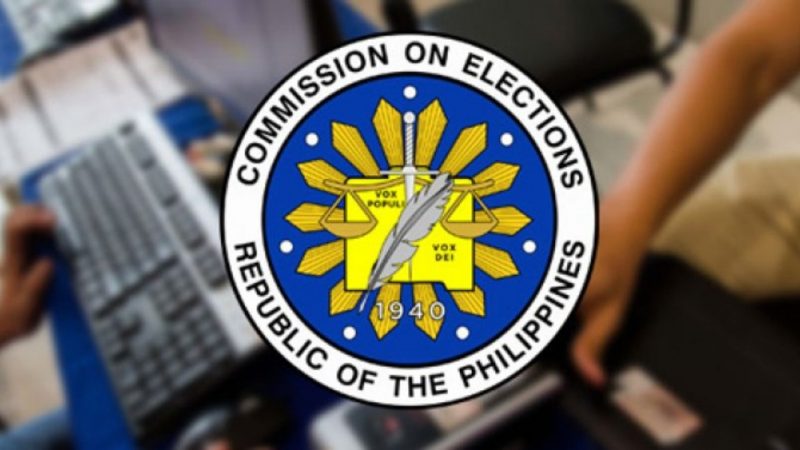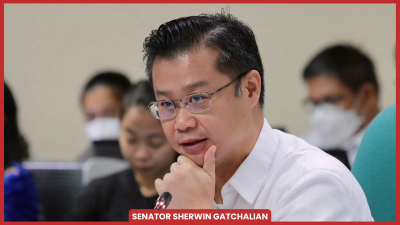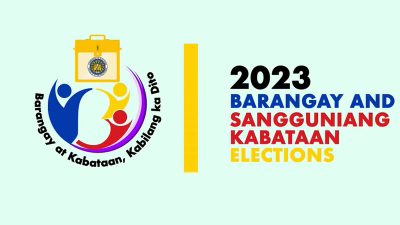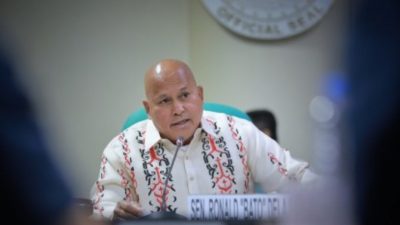MANILA — The Commission on Elections (Comelec) announced today, Monday, that the start of the polling period for the Barangay and Sangguniang Kabataan Elections (BSKE) officially starts today, August 28, 2023.
The election gun ban is also now in effect.
John Rex Laudiangco, the spokesperson of Comelec, stated that the Philippine National Police (PNP) will initiate the establishment of checkpoints nationwide on Sunday night.
From August 28 to September 2, Comelec will be accepting certificates of candidacy (CoCs) on all Mondays to Saturdays. Laudiangco noted that upon filing a CoC, the applicant immediately becomes an official candidate and is subjected to the regulations of the election period.
The campaigning window is set from October 19 to 28, 10 days in all.
In a run-up to the nationwide Barangay and Sangguniang Kabataan Elections (BSKE) on October 30, Manila police conducted a send-off ceremony on August 26, 2023. They will manage checkpoints throughout the city, which will be operational until November 30.
John Rex Laudiangco reminded candidates to carry out all their campaign activities within this period.
Moreover, during the time frame of October 25 until Election Day on October 30, the “money ban” will be imposed. Carrying a sum of P500,000 or more during this period will be prohibited. The Comelec will assume any unexplained cash to be intended for vote-buying.
Chairman George Erwin Garcia of Comelec highlighted that ordinary citizens are constitutionally allowed to apprehend individuals caught in the act of purchasing votes. While the Comelec doesn’t actively encourage citizen arrests due to the heightened competition during the BSKE, Garcia noted that it remains an option.
Furthermore, the Comelec will closely monitor vote-buying activities, even through digital platforms like GCash. Comelec Commissioner Ernesto Maceda Jr., who is leading the anti-vote-buying campaign, revealed that collaboration with the Anti-Money Laundering Council and the Bangko Sentral ng Pilipinas will be pursued to combat vote-buying.
A conviction for vote-buying could lead to up to six years of imprisonment.
The Comelec warned that it will take legal action against BSKE candidates whose campaign materials are displayed on private properties. This comes despite a 2015 Supreme Court ruling that the poll body must respect the free expression of private citizens endorsing candidates during the election period.
Garcia mentioned that notices will be sent to these candidates, and if they fail to comply with the campaigning guidelines, charges will be filed against them.
Additionally, Comelec encouraged candidates to participate in a free online certification course called “Lahok Bayan,” which aims to nurture future leaders and promote progressive leadership.
In a related development, the Diocese of Malolos in Bulacan urged leaders and members of church organizations to submit a leave of absence to their respective parish priests upon filing their CoCs. Failure to do so would result in them being considered resigned. Once elected, they could serve as ordinary members in their parishes, with the possibility of reapplying later.
Red, areas of concern
The PNP identified 4,344 areas of concern for the October 30 polls, with 27 labeled as “red” or areas of grave concern. There are 232 “orange” areas and 4,085 “yellow” areas. Orange areas have a presence of armed rebel groups, while yellow areas have experienced election-related incidents in the past two elections.
The PNP has yet to disclose specific areas, but the list has been submitted to the Comelec for approval. The areas of grave concern will fall under Comelec’s control to anticipate potential violence and intense political rivalry.
To prevent influencing the election outcome, police officers with relatives participating in the BSKE will be reassigned to other areas.
Originally scheduled for May 2020, the merged election was postponed to December 2022 through a law passed in December 2019. In October 2022, another law was enacted, rescheduling the election to October 2023. As per a Supreme Court ruling, winners of this October’s polls will serve until 2025, with the subsequent election to be held in that year and every three years thereafter. (ai/mnm)







